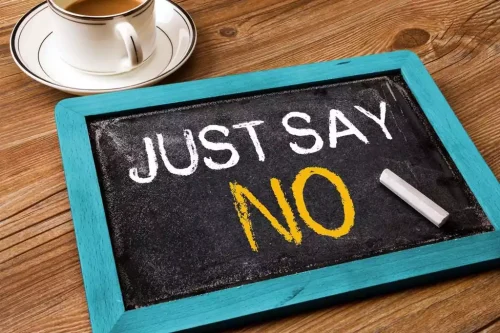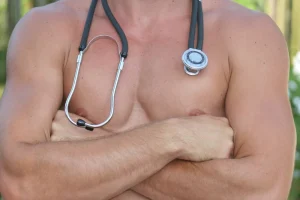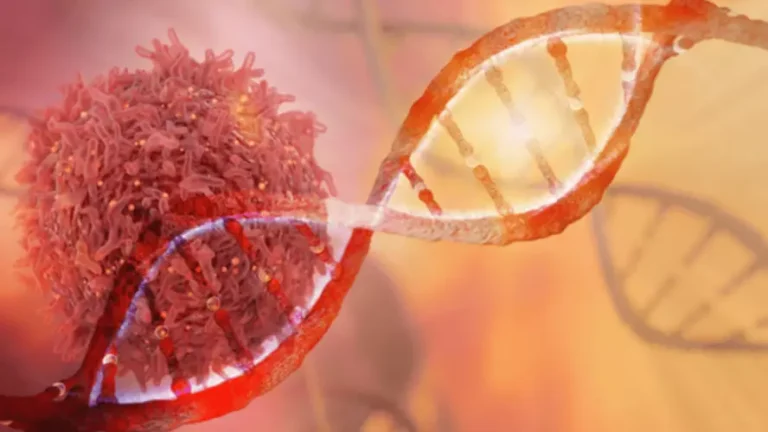
Explore understanding the feeling of gratitude in recovery why do alcoholics crave sugar and its powerful benefits for healing and resilience.
Why do I crave sweets after quitting alcohol?
Exercise also stimulates brain chemicals that can leave you feeling happier and more relaxed, which might also reduce cravings for sweets. The gut microbiome, a community of microorganisms living in our intestines, plays a significant role in human health and disease. Recent research suggests that the gut microbiome might also play a role in addiction, particularly in the context of alcohol use disorder (AUD). This section will discuss the influence of alcohol on the gut microbiome and potential microbiome-directed therapies for AUD. People addicted to opiates often replace protein and fats with meals high in sugar and alcohol, which are low in essential nutrients and, therefore, are sources of empty calories.
Sugar Cravings in Addiction Recovery
She goes on to explain that while the craving might be intense, it will lessen and pass in a few minutes. But in spite of your goals and no matter how committed you are to changing your habits around drinking, avoiding alcohol might prove a little more difficult than you expected. Discover the benefits, support, and triumphs on your journey to seek joy and sobriety. Expert strategies to address substance use and spring break concerns with your college kid. Choose quality ingredients and create meals that are satisfying to you.
How to Stop Binge Drinking
Rehabilitation centers often offer high-sugar foods as do mutual-help groups. Even the primary text of Alcoholics Anonymous, known as “The Big Book,” encourages those in sobriety to keep candy on hand in order to curb cravings for alcohol. Understanding these connections can inform strategies to manage sugar cravings in individuals with AUD. For instance, individuals in recovery might benefit from consuming balanced meals throughout the day to avoid spikes and crashes in blood sugar levels that could potentially trigger cravings. Furthermore, incorporating regular physical activity and cognitive-behavioral strategies can also help manage cravings and promote overall well-being. Understanding these mechanisms can provide valuable insights into the question of ‘why do people with alcohol use disorders crave sugar?


For instance, fresh fruits can serve as a healthier alternative to candies and pastries. They offer the sweetness craved while also providing essential nutrients that the body needs for recovery. The key is to recognize these cravings and have a plan in place to handle them.
How Do Behavioral Therapies Address Drug Addiction?
By recognizing the patterns of sugar consumption and cravings in recovery, individuals and treatment providers can better manage these aspects, leading to more successful recovery outcomes. The term ‘sweet-cope’ refers to the use of sugar to regulate negative affect. This coping mechanism has been found to predict sugar consumption and sweet cravings at two different time points, as well as alcohol cravings among individuals with AUD [1].
I couldn’t stop wondering why my preference for minty cocktails had turned into a craving for mint chocolate chip ice cream. So, I reached out to two psychiatrists who specialize in alcohol addiction for some intel on the physiological and psychological factors at-play. Exercise can help stabilize blood sugars, reduce stress and anxiety, and increase muscle mass and metabolism. A collection of studies suggest that regular exercise can increase the abstinence rate for substance use by 95 percent. Multivitamin and/or B vitamins can be helpful as well especially with heavy alcohol use. Your body may also be craving the carbohydrates you drank in alcohol, especially if you consumed wine, beer, or sugary mixers.
- Well, for one, alcohol has a very high sugar content, says Dr. Weiss, so on some level, your abstinence might result in sugar withdrawal, which can in turn result in literal sugar cravings.
- Ultimately, the journey to quit alcohol may be winded with sweet temptations along the way.
Delving Into the Reasons Behind Drug Use in the Affluent
- It is important to address the underlying issues and seek appropriate support to maintain a healthy and balanced lifestyle.
- Dive into the deadliest effects of drugs, exploring their physical, mental, social, and economic impacts.
- Hypoglycemia, or low blood glucose, can occur when alcohol is consumed in conjunction with medications commonly used to treat diabetes, such as insulin and sulfonylureas.
This is because alcohol inhibits your body’s response to insulin, the hormone that helps regulate blood sugar levels. However, you’re still dealing with an addiction that can cause health problems in the long term. Craving sugar is common after drinking because alcohol contains sugar. Many people with alcohol use disorder (AUD), in addition to having an addiction to alcohol, also have a physical addiction to sugar. Eating healthy foods provides your body with important nutrients it’s likely missing due to drinking.

Impact of Alcohol on Blood Glucose
